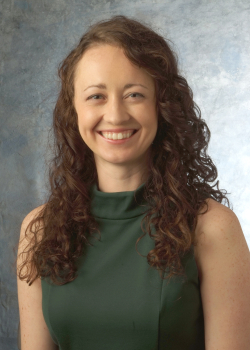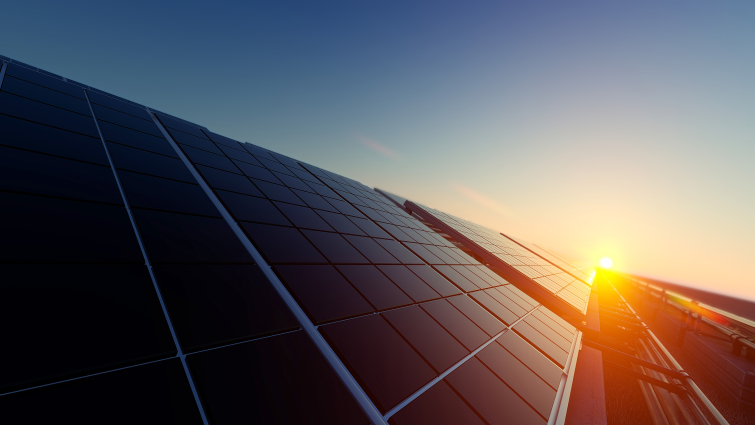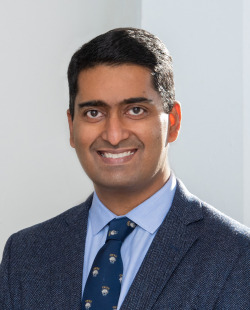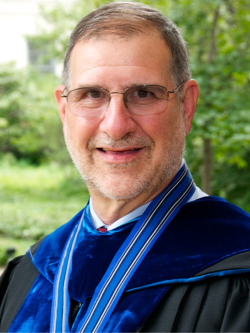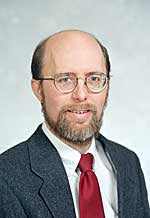Energy Conversion and Storage
Batteries and fuel cells are the missing link between generation and distribution of renewable energy. Much of the world’s energy infrastructure is built around a system in which 95 percent of production is from oil, coal and natural gas. This energy is produced continuously, and feeds centralized power plants that deliver electricity on demand. Renewables like wind and solar—while plentiful and clean—are intermittent in nature. What’s missing is a way to capture the energy these renewable sources produce, hold it and then disperse it to consumers. And that’s not to say these technologies don’t exist: where science struggles is in developing safe, reliable and economically viable conversion and storage systems that can compete with—and beat—their fossil-fuel-driven counterparts.
As the world faces the impacts of climate change, advancing this technology has never been more important. Our researchers are at the leading edge of conversion and storage innovation. They’ve invented an iron-and-water-based flow battery that could deliver cleaner, cheaper power from renewables that’s garnered millions in funding from the U.S. Department of Energy’s Advanced Research Projects Agency - Energy. Chemical engineering researchers at Case Western Reserve are also leading a new DOE Energy Frontier Research Center—Breakthrough Electrolytes for Energy Storage (BEES)—dedicated to the development of entirely new electrolytes to provide large, long-lasting energy storage solutions for the power grid of the future.
Institutes, centers and labs related to Energy Conversion and Storage
Faculty who conduct research in Energy Conversion and Storage
Rohan Akolkar
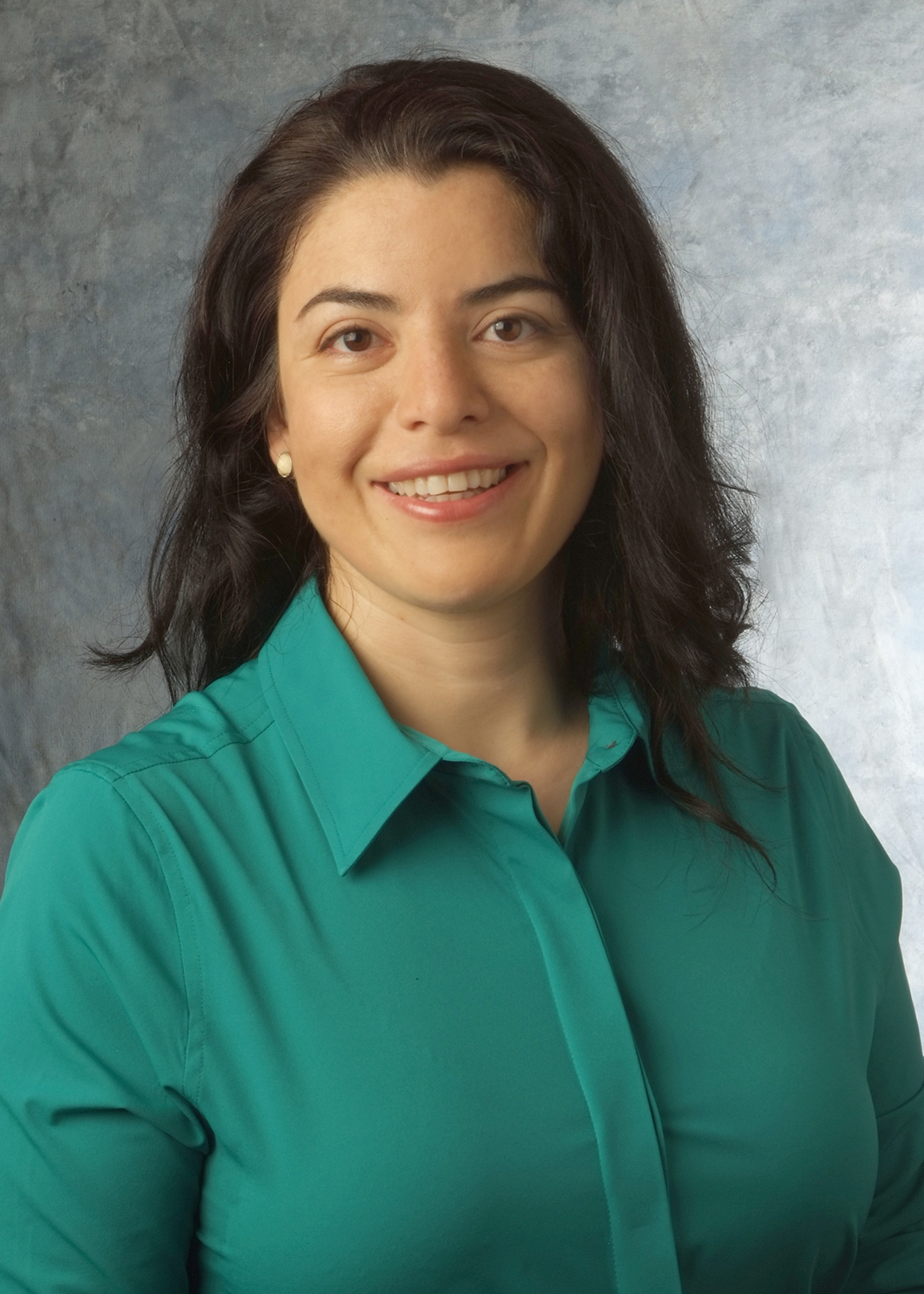
Burcu Gurkan
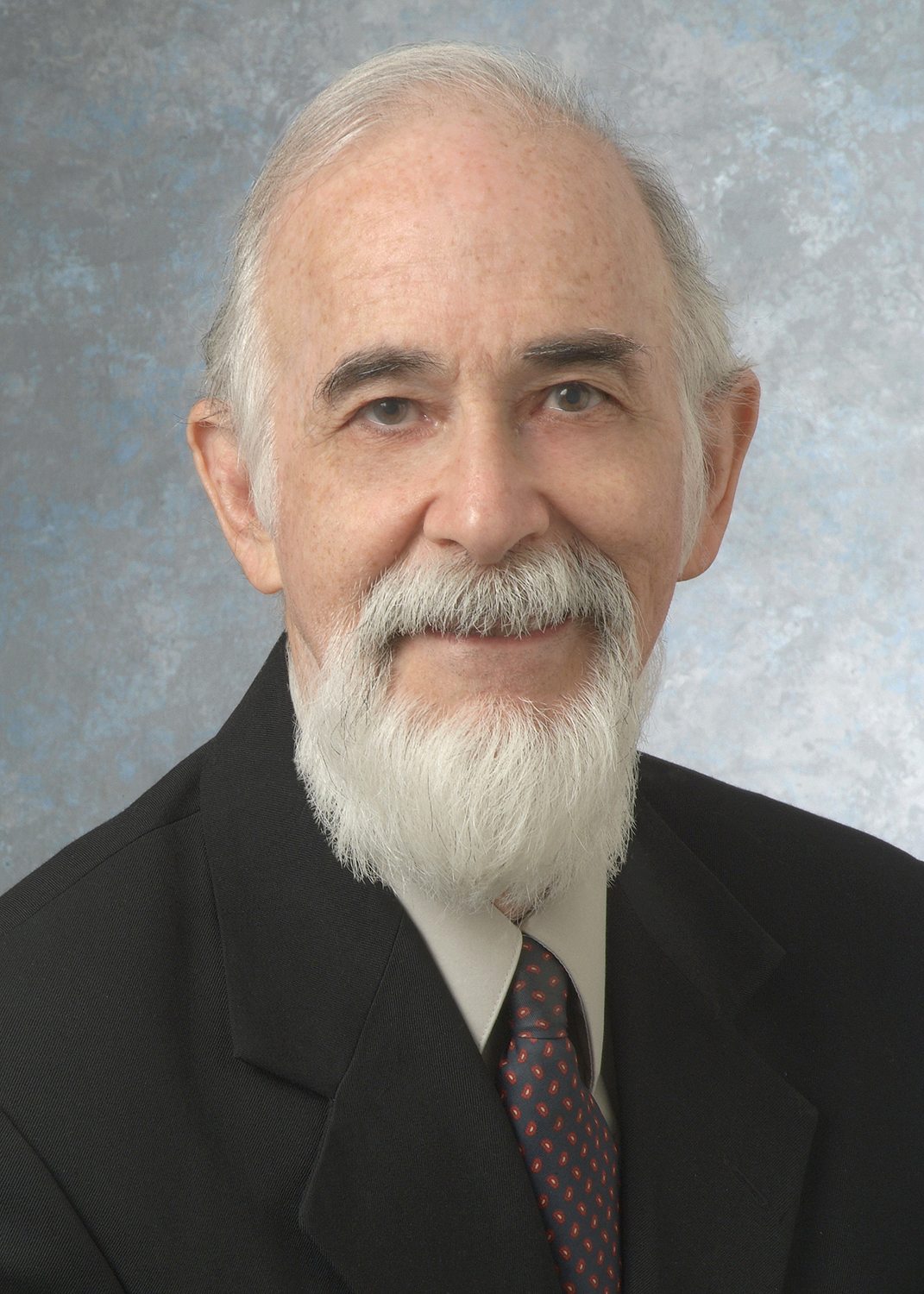
Uzi Landau
